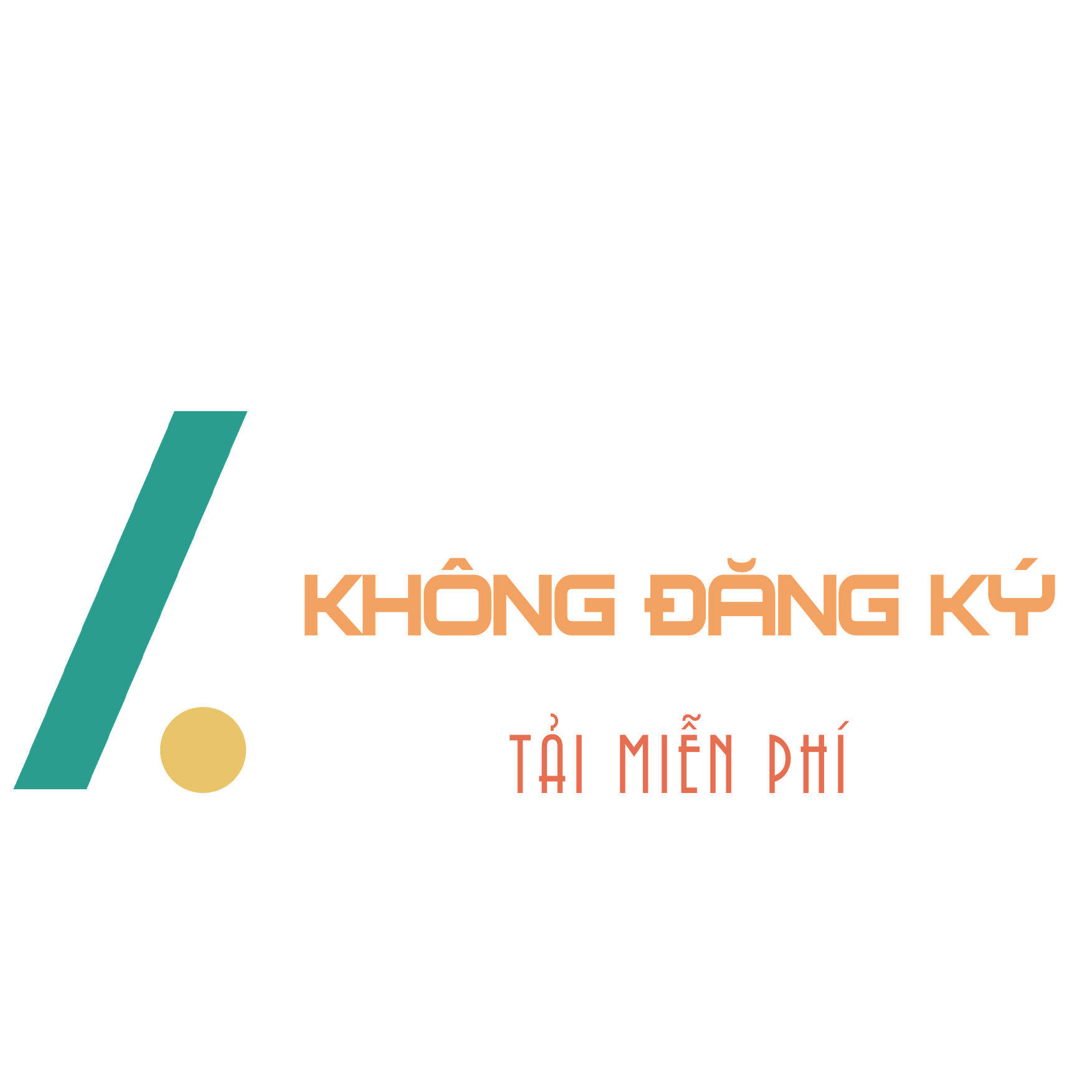Đọc hiểu
The three phases of human memory are the sensory memory, the short-term memory, and
the long- term memory. This devision of the memory into phases is based on the length of time
of the memory.
Sensory memory is instantaneous memory. It is an image or memory that enters your mind
only for a short period of time; it comes and goes in under a second. The memory will not last
longer than that unless the information enters the short-term memory.
Information can be held in the short-term memory for about twenty seconds or as long as
you are actively using it. If you repeat a fact to yourself, that fact will stay in your short-term
memory as long as you keeprepeating it. Once you stop repeating it, either it is forgotten or it
moves into long term memory.
Long-term memory is the huge memory tank that can hold ideas and images for years
and years. Information can be added to your long-term memory when you actively try to put it
there through memorization or when an idea or image enters your mind on its own.
Question 1: The best title for this pasage would be
A. The difference between sensory and short-term memory.
B. How long it takes to memorize.
C. The stages of human memory.
D. Human phases.
Question 2: The three phases of memory discussed in the pasage are differentiated according to
A. The location in the brain
B. The period of time it takes to remember something
C. How the senses are involved in the memory.
D. How long the memory lasts.
Question 3: The expression “is based on” in the first paragraph could be best
replaced by
A. Is on the top of
B. is at the foot of
C. depends on
D. is below
Question 4: According to the passage, which type of memory is the shortest?
A. Sensory memory
B. Active memory
C. Short-term memory D. Long-term memory
Question 5: According to the passage, when will information stay in your short-term memory?
A. For as long as twenty minutes
B. As long as it is being used.
Để tải trọn bộ chỉ với 50k, vui lòng liên hệ qua Zalo 0898666919 hoặc Fb: Hương Trần

